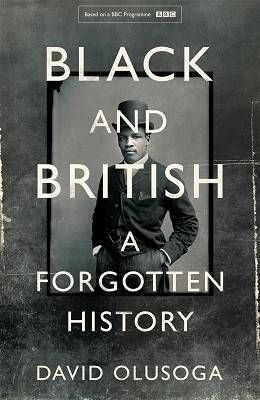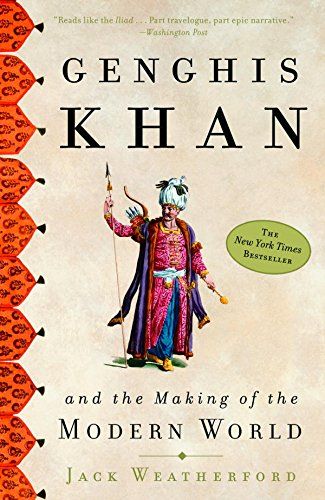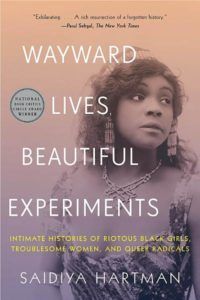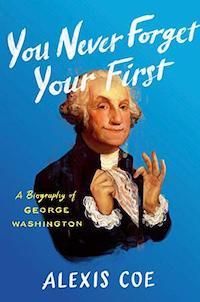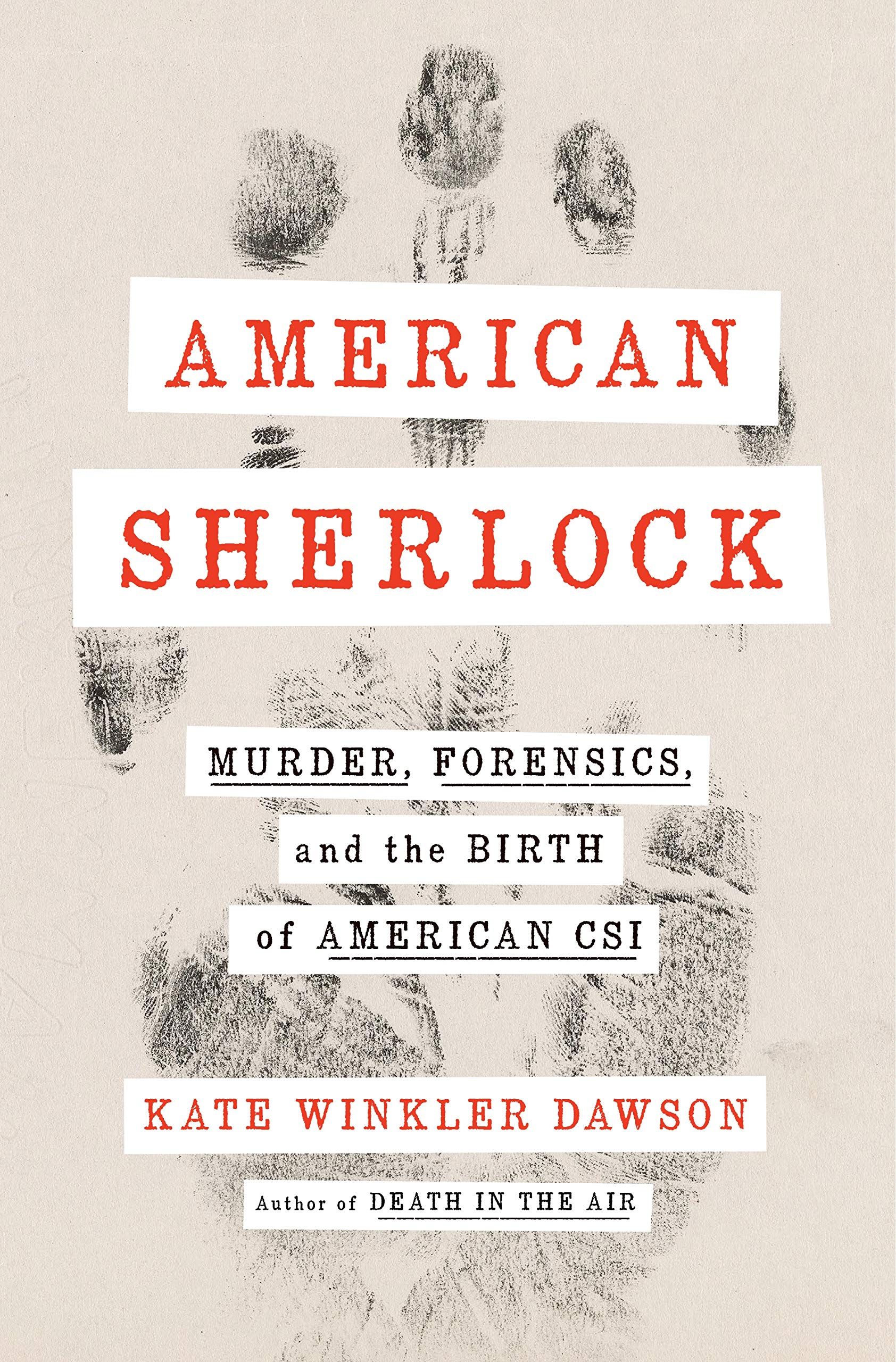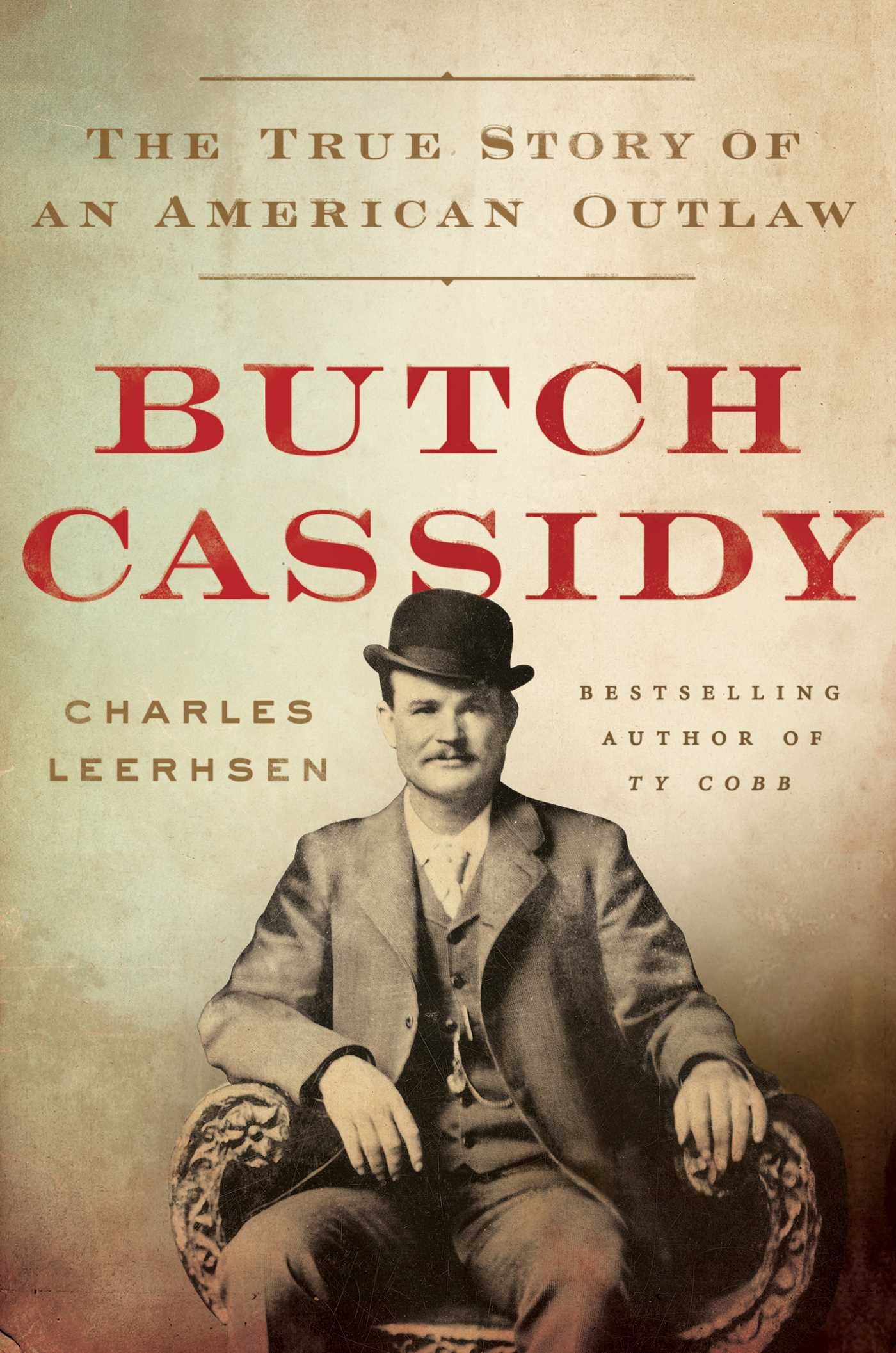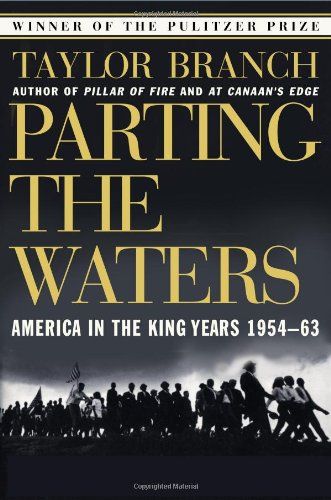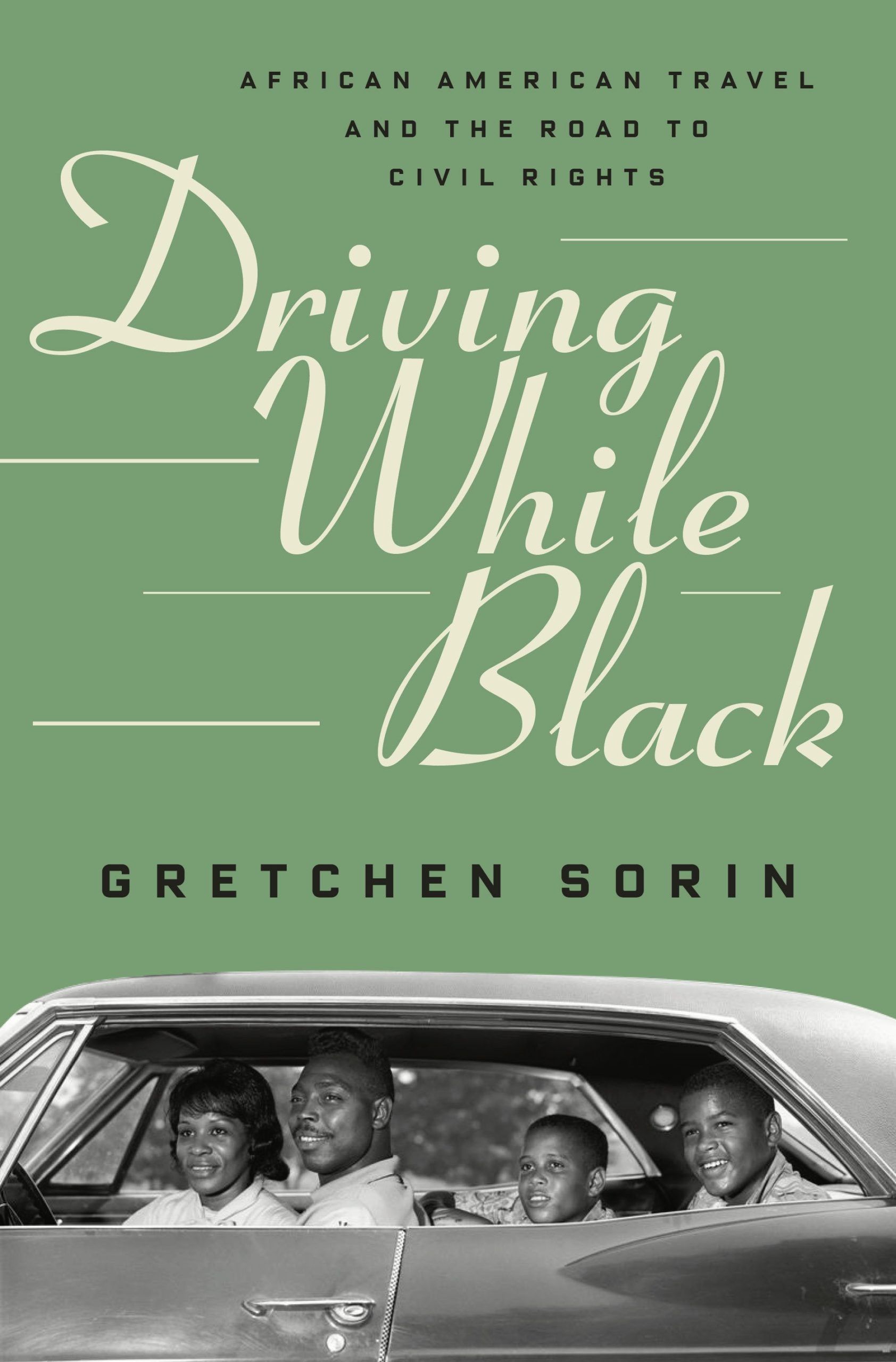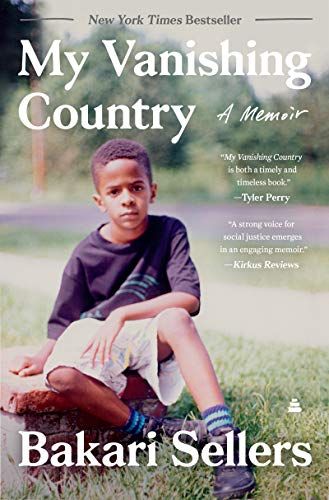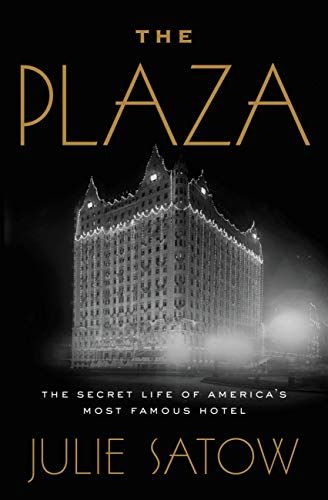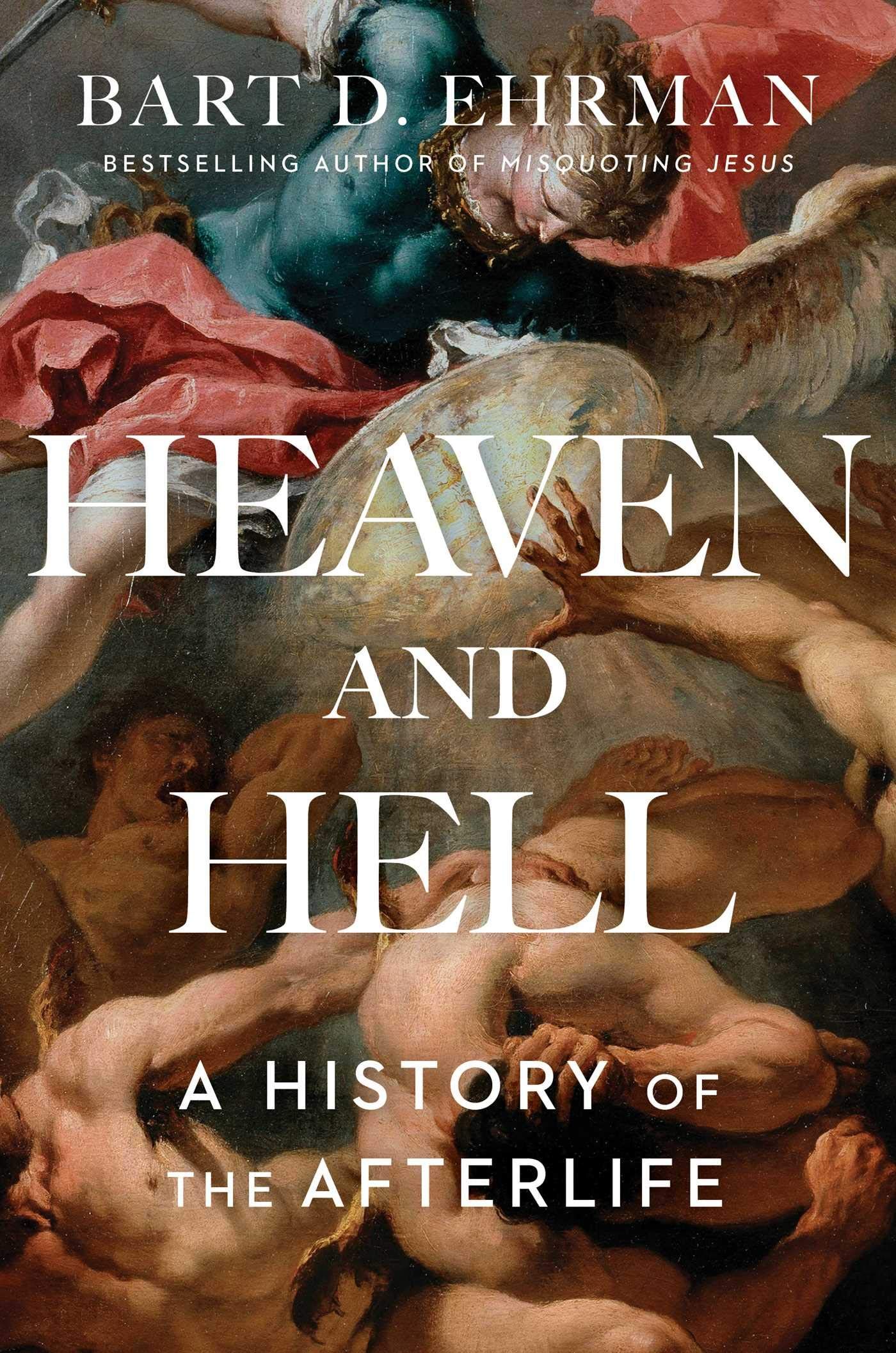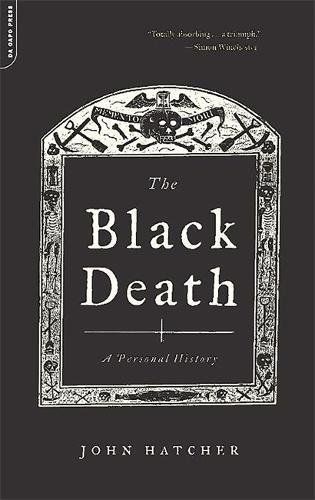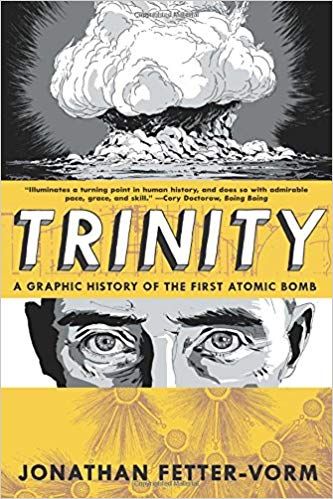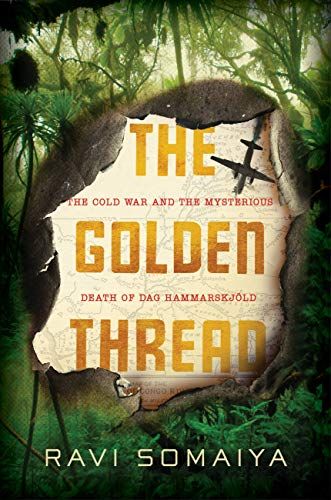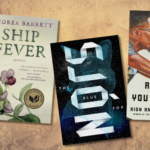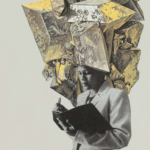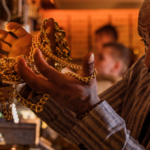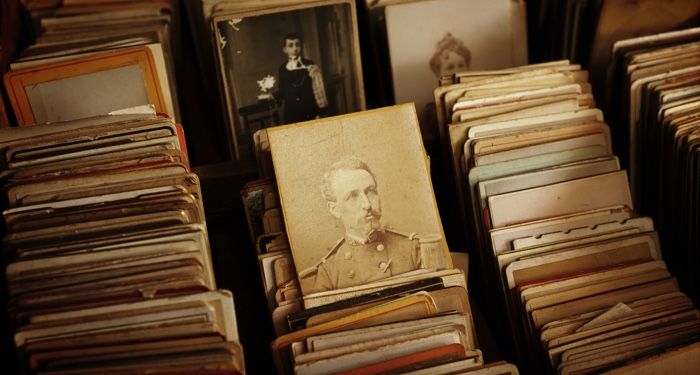
Historical Nonfiction: 30 of the Best Books in the Genre
Historical nonfiction is so much more than the history books you read in school. These stories are well researched, thought provoking, and are just as riveting as fiction. In fact, these historical nonfiction books are even harder to put down, because all of this stuff really happened.
The following books are some of the best books in the genre. But I’ve divided them into categories to make it even easier to find your next favorite historical nonfiction read. Choose your poison: general historical nonfiction, historical biographies, historical memoirs, microhistories, historical graphic novels, or even historical true crime.
Historical Nonfiction Books
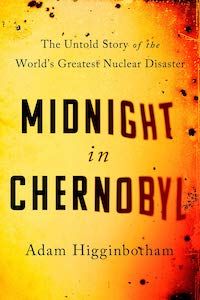
Midnight in Chernobyl by Adam Higginbotham
Adam Higginbotham’s page-turner of a historical nonfiction book tells the story of the April 1986 meltdown of the Chernobyl Nuclear Power Plant in Ukraine. Higginbotham’s book draws from hundreds of hours of interviews. In addition, the author referenced letters, unpublished memoirs, and documents from recently-declassified archives. This is the story of a human-made tragedy, and the propaganda and secrecy that kept the true horrors of this story under wraps for so many years.
Black and British: A Forgotten History by David Olusoga
This book is a comprehensive look at Britain’s long and complicated relationship with the people of Africa. British historian David Olusoga points out how Black British history has long been an integral part of the cultural and economic histories of the nation. Drawing from genetic and genealogical research, original records, expert testimony, and contemporary interviews, Olusoga retraces how Black British history has shaped the country. This book looks all the way back at Roman Britain, Shakespeare’s Othello, Trafalgar, the World Wars, and much more.
Genghis Khan and the Making of the Modern World by Jack Weatherford
This is the true history of Genghis Khan, written by anthropologist Jack Weatherford. This book looks at Khan’s rise through Mongol tribal culture and his waging of wars. But what makes Weatherford’s book the most fascinating account of Khan is the focus on how the leader shaped our culture. Genghis Khan’s conquests lead to the rise of the Mongol Empire and modern civilization as we know it.
American Rebels by Nina Sankovitch
In American Rebels, author and historian Nina Sankovitch tells the story of American’s revolutionaries. With extensive research and thoughtful prose, Sankovitch traces the lives of John Hancock, John Adams, Josiah Quincy Jr, Abigail Smith Adams, and Dorothy Quincy Hancock, examining how each of these historical figures played their own distinct roles in the American Revolution.
Square Haunting by Francesca Wade
In the time between the two world wars, London’s Mecklenburgh Square became a home to students, struggling artists, and revolutionaries. Among those who made their home there were five women writers: modernist poet H. D.; detective novelist Dorothy L. Sayers; classicist Jane Harrison; economic historian Eileen Power; and author and publisher Virginia Woolf. This time in history was a time of great change, and these writers were revolutionaries at the center of that change. Francesca Wade’s biography tells of this specific time and specific place in five significant women writers’ lives.
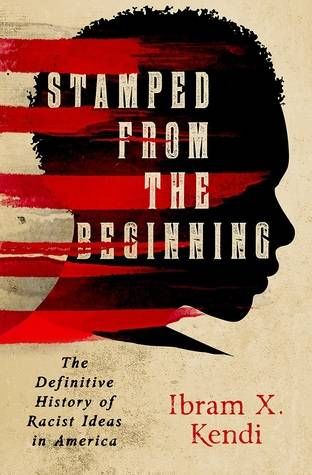
Stamped from the Beginning by Ibram X. Kendi
It’s no fluke that Stamped from the Beginning has been on bestseller lists in the recent months. If you’re looking for a comprehensive and unflinching look at Black history and racism in America, Ibram X. Kendi’s book is the one to read. Kendi looks back at the history of America through the lens of five “tour guides.” Those guides are: Puritan minister Cotton Mather, Thomas Jefferson, abolitionist William Lloyd Garrison, W.E.B. Du Bois, and activist Angela Davis. Through the stories of these American intellectuals, Kendi gives readers a clear picture of racism in America, both past and present, and why we are not living in a post-racial society.
For All Humankind by Tanya Harrison
The moon landing was quite the accomplishment for the United States. But how did other countries view this accomplishment? Dr. Tanya Harrison tells the previously untold stories behind the moon landing. Speaking to people from all across the world, she wants to get to the bottom of how people outside of the United States viewed astronauts Neil Armstrong and Edwin “Buzz” Aldrin’s first steps on the Moon on July 20, 1969. What did having a “man on the moon” mean to the international community?
Wayward Lives, Beautiful Experiments by Saidiya Hartman
If you’re looking for historical nonfiction that focuses more on the lives of Black women, read this book. In Wayward Lives, Beautiful Experiments, author Saidiya Hartman writes about young Black women and the revolution of their intimate lives that happened in Philadelphia and New York at the beginning of the 20th century. This was a time period where free love, common-law and transient marriages, serial partners, cohabitation outside of wedlock, queer relations, and single motherhood became more commonly accepted. Hartman’s book considers the way these revolutionary changes affected the Black community and Black families.
Last Boat Out of Shanghai by Helen ZIa
Some of the best historical nonfiction reflects issues that we’re still dealing with to this day. For instance, you’ll certainly see some parallels between contemporary immigration issues and what Zia writes about in Last Boat Out of Shanghai. With impeccable research and beautiful prose, Helen Zia relates the true stories of four young people caught up in the mass exodus of Shanghai in the wake of China’s 1949 Communist revolution.
Rivers of Power by Laurence C. Smith
The books on this list thus far have focused on the history of humanity and specific people, but geographer Laurence C. Smith explores looks at natural history in Rivers of Power. In this book, Smith asks how and why rivers have been able to shape civilization and our past, present, and future as a whole. Of course, rivers provide water supply, transportation, and sanitation, but they also define borders and force cooperation between nations. Rivers affect wars and politics. So really, this history of rivers is also a history of humanity. We just can’t escape people, it seems.
England’s Other Countrymen: Blackness in Tudor Society by Onyeka Nubia
The Tudor era has always been an obsession for fans of historical nonfiction and fiction. But when most people think of the Tudor period, they think about a country and culture that was predominantly white. However, in England’s Other Countrymen, historian Onyeka Nubia points out that there were many people of African descent in Tudor England. In fact, Nubia argues that ideas about race during this time period were a lot more nuanced than we realize, and a lot of the idea of racism that we project on the Tudor period are actually more recent developments. Nubia’s book not only contextualizes race in the Tudor period, it also forces readers to reexamine their contemporary understanding of race and racism.
Historical Biographies
You Never Forget Your First by Alexis Coe
This book is unlike any other biography of a president you’ll ever read. Historian Alexis Coe’s You Never Forget Your First is a book about George Washington, America’s first president. But Coe isn’t interested in simply focusing on the linear history of Washington’s life, like many other biographies have already done. Instead, she examines the mythology surrounding Washington and gets to the heart of who America’s first president truly was, beyond all of the normal information we are taught in school. This biography is both informative and entertaining. And Coe includes a healthy dose of humor too.
American Sherlock by Kate Winkler Dawson
This book is the story of Edward Oscar Heinrich, who has been called (you guessed it) “the American Sherlock Holmes.” Heinrich cracked at least 2,000 cases in his 40 year career and pioneered forensic science as we know of it today. This was essentially the birth of criminal investigation in the 20th century. Kate Winkler Dawson’s book is compelling, impeccably researched, and features thousands of never-before-published primary source materials.
Butch Cassidy by Charles Leerhsen
You’ve likely heard of the film Butch Cassidy and the Sundance Kid, but Leerhesen’s biography goes beyond the character we know from the film and the legends. This Butch Cassidy is very real, and through his story, Leerhesen paints a vivid portrait of not only this man but the realities of the Old West and crime as it was viewed during this time period.
Lafayette in the Somewhat United States by Sarah Vowell
This is a unique and interesting look at Revolutionary War hero Marquis de Lafayette. Vowell’s book examines the life of this Frenchman and the impact he was able to have on the then very young United States of America. She also looks at Lafayette’s relationships with and influence over some of America’s most important historical figures, such as George Washington, Alexander Hamilton, and Thomas Jefferson.
Parting the Waters by Taylor Branch
If you’re looking for a biography on civil rights leader Martin Luther King Jr., Taylor Branch’s Parting the Waters is an excellent read. This Pulitzer Prize–winning book is a thorough look at the Civil Rights Movement. At over 1,000 pages, this is an epic portrait of King’s rise to greatness, the strengths and weaknesses of the man behind the movement, and a country on the verge of revolution. Yes, that’s right. I said “over 1,000 pages.” This book is long, but the story is compelling. You won’t want to put it down.
A Year in the Life of William Shakespeare: 1599 by James Shapiro
While Parting the Waters takes a look at one time period in Martin Luther King Jr.’s life, James Shapiro’s book gets even more specific with his subject, William Shakespeare. As you probably guessed from the title, this book is about one year of Shakespeare’s life: 1599. In this year alone, Shakespeare wrote four of his most famous plays: Henry the Fifth, Julius Caesar, As You Like It, and Hamlet. Kind of makes you look back at 2020 and wonder where the time has gone, doesn’t it?
Historical Nonfiction Memoirs
Driving While Black by Gretchen Sorin
Historical nonfiction mixed with memoir is such a fascinating combination. It contextualizes history and makes it more personal. For instance, Driving While Black reflects on Gretchen Sorin’s own personal family history and experiences with traveling on the road. But she also focuses on traveling by car and how this mode of transportation has been liberating for Black people in America. Sorin looks at how travel guides, Black-only businesses, and informal communications networks have helped keep Black people safe on the roads in the 20th century. At the same time, despite the freedoms that cars offered, driving also created new challenges for Black people: segregated ambulance services, unwarranted traffic stops, and racist violence.
My Vanishing Country by Bakari Sellers
This is the memoir of CNN analyst, and one of the youngest state representatives in South Carolina history, Bakari Sellers. Sellers writes his own personal story while also asking readers to acknowledge the crisis affecting the other “Forgotten Men & Women” of America. Black people in the rural South lack access to healthcare, sustainable income, and even their own identities and traditions. This is Sellers’s story of growing up in the South, but it’s also the history of the many Southern Black people’s struggles.
The Other Madisons by Bettye Kearse
Bettye Kearse is a presumed descendant of an enslaved cook and President James Madison. As Kearse tries to get to the bottom of the truth behind her family’s history, she finds obstacles at every turn. The history of her ancestry has been kept a secret and has thereby essentially been erased. So while Kearse writes her family’s history here, she also examines the stories of African enslaved people whose voices have been silenced throughout American history.
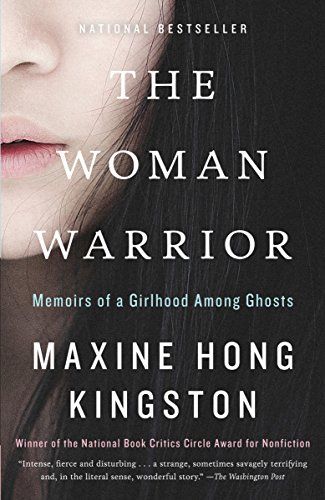
The Woman Warrior by Maxine Hong Kingston
The Woman Warrior is such a unique addition to the historical nonfiction and memoir genres. And so it’s unsurprising that this book is now considered a classic. In this feminist memoir, Maxine Hong Kingston mixes mythology and personal stories to examine her life and her identity as a Chinese American woman. Kingston uses personal history and cultural history to contextualize the many facets of her identity.
Microhistory Books
The Plaza by Julie Satow
The Plaza Hotel has become synonymous with wealth, fame, and glamour, and it’s also had its share of scandals. And in The Plaza, author Julie Satow traces the history and the stories behind famous hotel. She starts from the moment it opened in 1907 and welcomed millionaire Alfred Gwynne Vanderbilt as its first guest to today’s Billionaire Row. This is an eye-opening portrait not just of a hotel but of a city.
Marriage, A History by Stephanie Coontz
I picked up this book for research purposes, not knowing what a fascinating read it would turn out to be. But author Stephanie Coontz really shines a light on the history of marriage and romantic love. Reading this book opened my eyes to a lot of the practices we take for granted as being “normal.” This book is about the history of marriage and how the institution became what it is we have today. This is an interesting look at relationships and gender roles, a lot of which were established more recently than you may realize.
Heaven and Hell by Bart D. Ehrman
We’ve looked at a lot of books that cover earthly issues. But what about the history of life after death? What happens when we die? And where did our beliefs about the afterlife come from? Historian Bart Ehrman seeks to answer those questions and more in this book. Heaven and Hell is about the long history of the afterlife, humanity’s beliefs in heaven and hell, and all of the competing views about what happens after we die.
The Black Death: A Personal History by John Hatcher
There’s a lot of medieval historical nonfiction out there in the world. But The Black Death: A Personal History might be the most unique. In this book, John Hatcher, a celebrated economic and social historian, draws on his knowledge and research on the impact of the Black Death on medieval England to imagine what it was like to live through this time. Hatcher is able to recreate everyday medieval life in a parish in Suffolk, from which most of the still-available documents about the Black Death originate.
Historical Nonfiction Graphic Novels
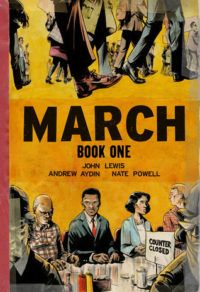
March by John Lewis, Andrew Aydin, and Nate Powell
With John Lewis’s recent passing, many people (myself included) have become even more interested in the important work Lewis did in his lifetime. The graphic novel series March looks at John Lewis’s lifelong struggle for civil and human rights, comparing where we are now to the Civil Rights Moment of the 1950s. The first book in the series covers Lewis’s youth in rural Alabama, the meeting with Martin Luther King Jr. that changed Lewis’s life forever, the creation of the Nashville Student Movement, and the movement’s fight against segregation.
Trinity by Jonathan Fetter-Vorm
A graphic novel that is part science book, part historical nonfiction, and has beautiful illustrations? This one is a no-brainer. You have to pick it up. In his debut graphic novel, illustrator Jonathan Fetter-Vorm gives readers a scientific and historic overview of the atomic bomb. Even though Fetter-Vorm gets into psychics (which, for me, a non-science-y person, is a pretty heavy topic), the book remains easy to follow while still being informative. And of course, Fetter-Vorm pays close attention to the detailed illustrations.
Historical True Crime
The Golden Thread by Ravi Somaiya
Speaking of books that are a fun mix of genres, enter The Golden Thread by Ravi Somaiya. Somaiya’s book is a fun mix of true crime, investigative journalism, and history. This is the story of the death of renowned diplomat and UN Secretary General Dag Hammarskjöld. Hammarskjöld boarded a plane in Leopoldville, the capital of the Congo, and hours later, his dead body was found in an African jungle with an Ace of Spades tucked in his collar. Somaiya’s investigation of this crime includes entirely new evidence, firsthand accounts, and interviews.
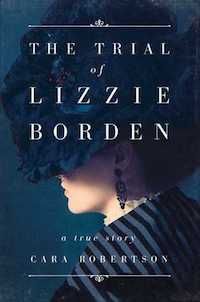
The Trial of Lizzie Borden by Cara Robertson
If you’ve ever wanted to know more about the Lizzie Borden case, this is the only book you need to read. The Trial of Lizzie Borden is a well-researched book about the infamous case. Robertson bases her information on 20 years of research, featuring newly discovered evidence. As you read and learn the true story of a crime that has almost become the stuff of legends, you be the judge and jury: what really happened when Andrew and Abby Borden were brutally hacked to death in Fall River, Massachusetts, in August 1892?
Truevine by Beth Macy
In 1899 at a tobacco farm in the Jim Crow South town of Truevine, Virginia, 10-year old black albino twin brothers named Willie and George Muse were kidnapped. The twins were then displayed as part of a traveling freak show for over ten years. The Muse twins became world famous, but at the root of their success was prejudice. The twins were forced to play racist caricatures throughout their careers. This is the story of these brothers’ lives as “circus freaks” and their mother’s 28-year-long struggle to get her sons back.
If you need even more historical nonfiction, we’ve got you covered. Check out this list of 50 of the Best Nonfiction Books. A lot of historical nonfiction is included. Or try this excellent list of Nonfiction/Historical Fiction Book Pairs.



